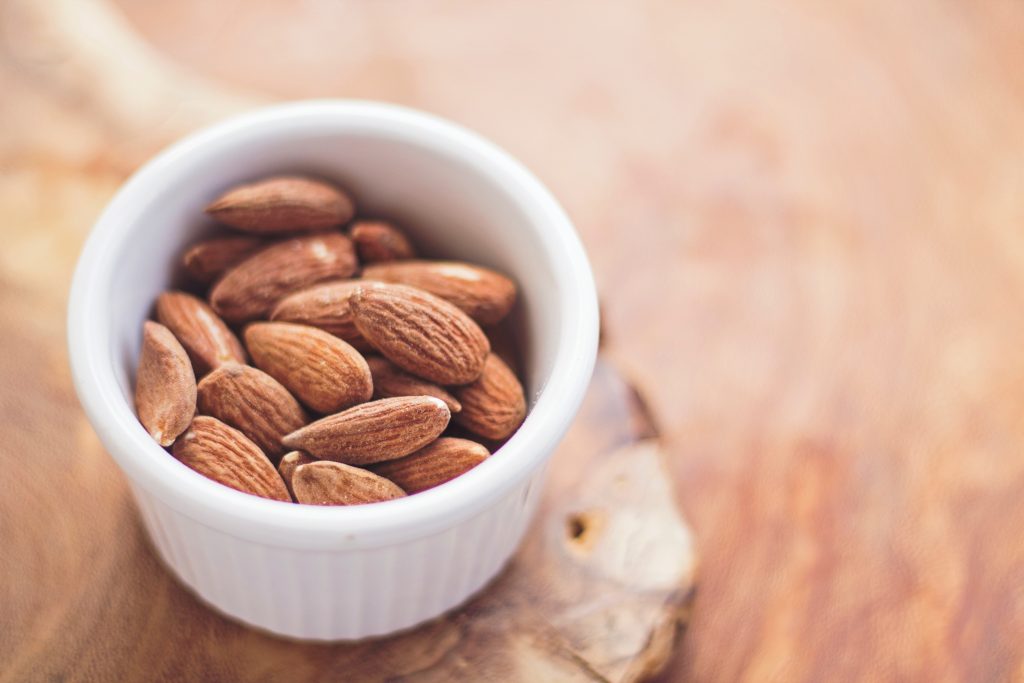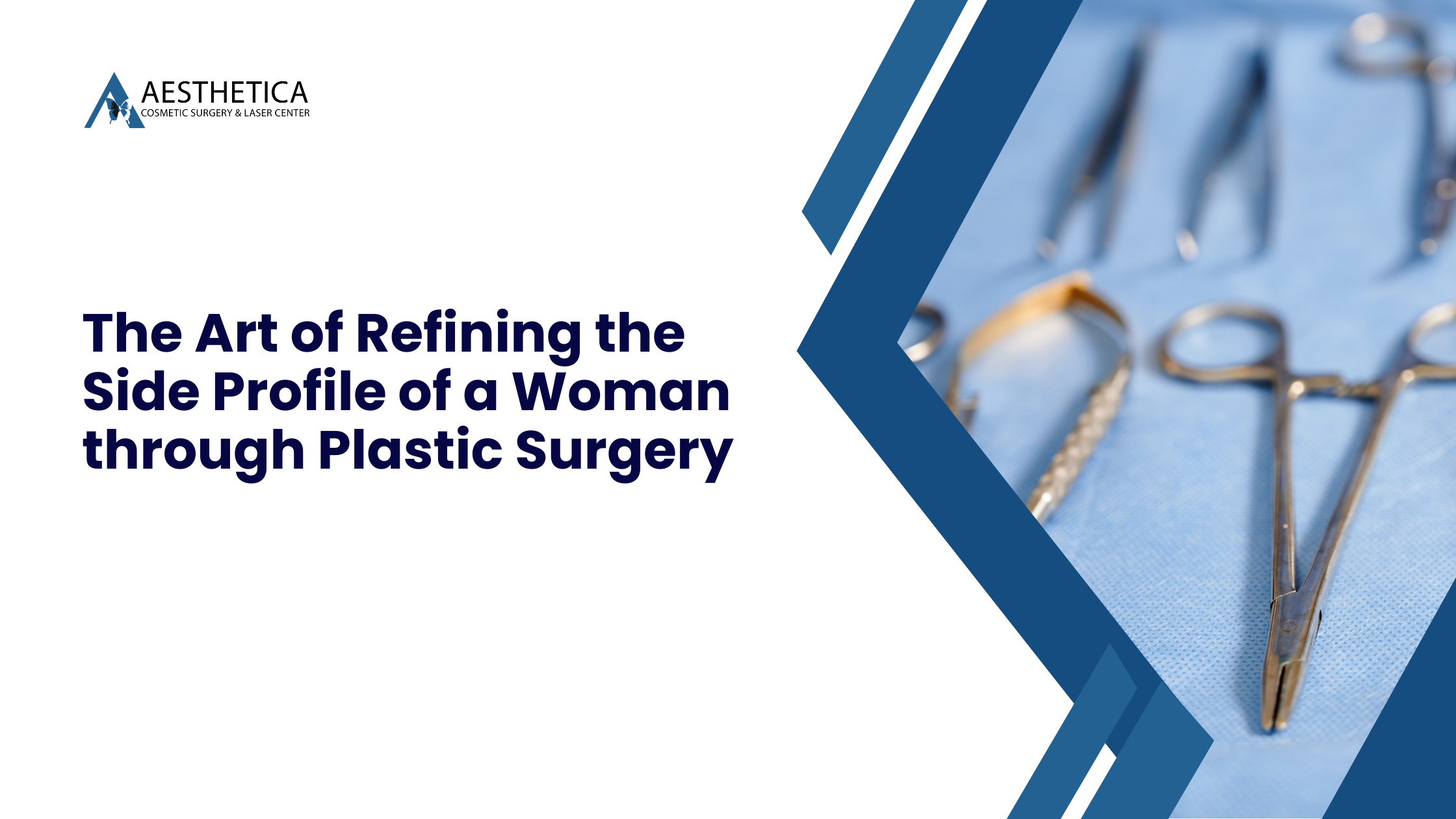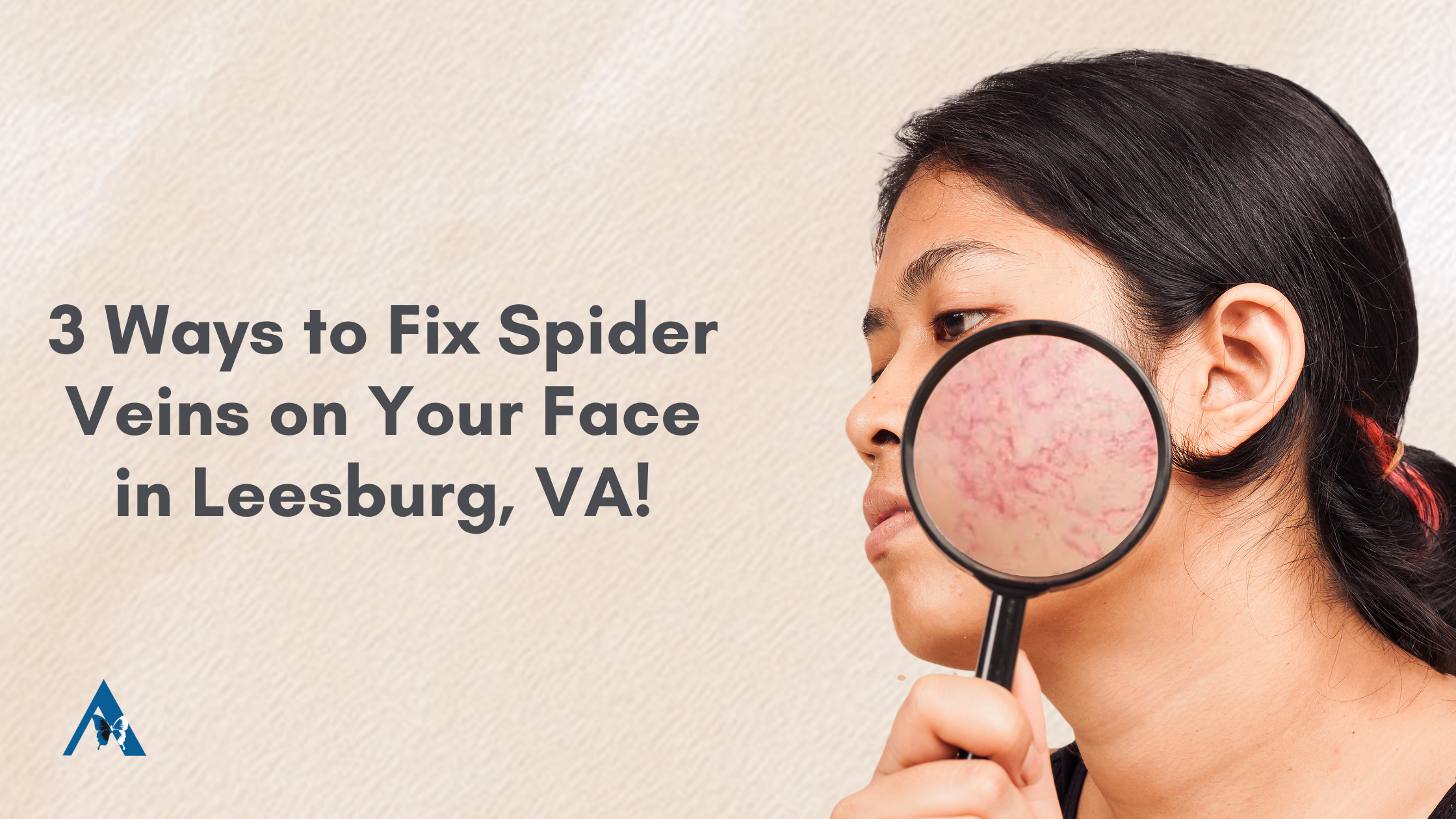Keto And Low-Carb Diets: How They Work6 min read


Dr. Phillip Chang
Board Certified By The American Board of Plastic Surgeons.
Voted Top Plastic Surgeon in Loudoun, Virginia
Offices in Leesburg, Virginia.

You’ve heard all the hype surrounding low-carb diets; and more recently, the Ketogenic or “Keto” diet. These diets seem to fly in the face of everything we have ever learned about eating healthy and proper nutrition. Not only do they limit your bread and grain consumption, but the Keto diet even limits or prohibits certain fruits and vegetables.
Since the late ’70s and early ’80s, we’ve been told to eat less fat, leading many of us to consume “no fat” or “low fat” meals and condiments. But these new low-carb and Keto diets encourage just the opposite! These diets suggest that you eat significant levels of fat and protein to actually burn fat and keep you fuller longer.
Why are more people abandoning 30+ years of diet trends for these new high-fat and high-protein diets? Because more and more people are finding that these new diets work.
How Low-Carb And Keto Diets Work
While eating more fat and protein may seem illogical if you want to lose weight, there is actually a simple reason behind it.
Our bodies rely on carbohydrates for energy. But most of us significantly over consume carbohydrates – especially empty, processed carbs – in our daily diets. Our bodies become so used to this excess carb consumption that they never burn fat stores and keep turning all the excess carbs (energy) we give it into fat. So our body’s fat stockpiles keep increasing (i.e. expanding waist lines and hips).
Reducing excess carbohydrate consumption and nixing empty carbs forces your body to start burning its fat stores as fuel. While this fat burning conversion takes time, your body will eventually start to break down fat and protein leading to significant weight loss.
This is a very simplified description of how these diets work. To learn more about the science behind these diets, check out this article about low-carb diets.

Cholesterol And Keto, Low Carb Diets
While losing weight quickly is an excellent benefit of these high-fat, low-carb diets, it seems like a prolonged period of a high-fat diet could have an adverse effect on your cholesterol levels. After all, we have been told for years that diets high in saturated fat from animals causes high cholesterol and are detrimental to our bodies. But is that really the case?
What is Cholesterol?
To get an understanding of how low-carb and Keto diets can affect cholesterol, it is important to understand what cholesterol is. Contrary to popular belief, cholesterol isn’t all bad. In fact, our bodies actually make the majority of cholesterol found within us.
Cholesterol maintains the structure of the cells in our body and is a crucial component in making hormones. While diet can affect your cholesterol level, it has also been found that stress can as well, with higher levels being associated with greater stress. While the dangers of high cholesterol claims most of our attention, some studies show that low levels can actually cause a decrease in life-span.
Standard Cholesterol Levels
With cholesterol, there are several numbers to consider, the most important being your LDL and HDL cholesterol. HDL is considered your “good” cholesterol; and generally, you want to see this number at or greater than 40 mg/dL. On the other hand, your “bad” cholesterol is referred to as LDL and most doctors aim for this to be under 100 mg/dL.

Historical Basis For Low-Carb Diets
While in recent years the push has been for lower-fat diets (specifically less saturated and trans fat), it’s important to remember that this was not always the case. At a time when heart disease rates were at their lowest in the late 1800s, many recipes called for large quantities of butter, eggs, lard, and cream. That leaves many of us questioning whether these so-called “bad” fats are really to blame for cholesterol and heart disease.
Effects of a Low-Carb or Keto Diet
Most low-carb and Keto dieters may find that their cholesterol may go up slightly, if at all. However, it is common knowledge in the medical realm that significant weight loss can produce a temporary rise in LDL cholesterol. As most people are losing weight with these diets, and losing it quickly, this could be the cause of the LDL increase.
There are also some dieters that actually see a drop in their LDL or “bad” cholesterol. A small group of people, while in great physical shape, may experience a significant increase in their cholesterol. However, this is believed to be caused by the liver producing extra lipoproteins to keep up with the fuel demands of the body and not necessarily the higher fat consumption.
Since these low-carb, high-fat diets are relatively new, it is hard to say for sure what the long-term effects will be. However, preliminary results have been fairly positive. It’s important to remember, though, that cholesterol is complex and can be affected by diet and genetics, among other factors.
Here’s a video about low-carb and Keto diets and their relationship to cholesterol!
Low-Carb And Keto Diet Benefits
While it is easy to shy away from these diets because they may cause an increase in your LDL cholesterol, low-carb and Keto diets actually have a plethora of great benefits. This includes reducing many risk factors for heart disease, especially for diabetics, or those that are insulin-resistant. Below are just a few of the results you can experience on a low-carb or ketogenic diet.
Losing Weight
The most obvious and typically the most desired benefit of these diets is the ability to lose weight. Because your body is using fat rather than carbohydrates for fuel, dieters will typically see a reduction in body and abdominal fat. A decrease in abdominal fat lessens the likelihood that you may develop heart disease or diabetes.
Lower Insulin Levels
On a low-carb or Keto diet, your body will naturally need and make less insulin. A decrease in insulin can help prevent prevent cancer or the spread of cancerous cells. Lower insulin levels are also linked to a decrease in heart disease, polycystic ovarian syndrome, and even fewer acne outbreaks.
Nervous System Disorders
Though more research is needed, a low-carb or Ketogenic diet has also been found to help with several nervous system disorders. These disorders include epilepsy, Alzheimer’s disease, Parkinson’s disease, and even certain sleep conditions. Many believe that the ketones that are produced when your body breaks down fat provide protection for your brain cells from potential damage.

Here's To A Healthier You!
While we can’t say for sure what the long-term effects of a low-carb or Ketogenic diet will be, it is encouraging to see people taking control of their diet and health. Both of these approaches promote getting back to the basics of “clean” eating by cutting out highly processed food and eating natural ingredients.
By stepping away from so much sugar and heavily manufactured foods, we begin nourishing our bodies leading to a healthier, happier lifestyle.
Are you ready for the healthiest version of yourself? Let us help you with your journey! Our Medi Weightloss professionals want to help you with a healthier lifestyle, not just a healthier diet.
To find out more whether Aesthetica can help you, contact us online or at 703-729-5553 to arrange an appointment.
Let Us Help You!
Our office can provide you will helpful information, schedule a free consultation, and answer any questions you might have about our services.
Contact Dr. Chang's Office:
More Articles For You

The Art of Refining the Side Profile of a Woman through Plastic Surgery
In the realm of cosmetic enhancements, the side profile of a woman holds a pivotal

Enhance Now, Pay Later: Plastic Surgery Payment Plans in Leesburg, VA
In the picturesque town of Leesburg, VA, pursuing beauty and self-improvement is a journey many

Areola Reduction for Men in Loudoun County
In the heart of Loudoun County, where the beauty of nature meets bustling urban life,

3 Ways to Fix Spider Veins on Your Face in Leesburg, VA!
Spider veins, those small, web-like networks of blood vessels that can appear on your face,
